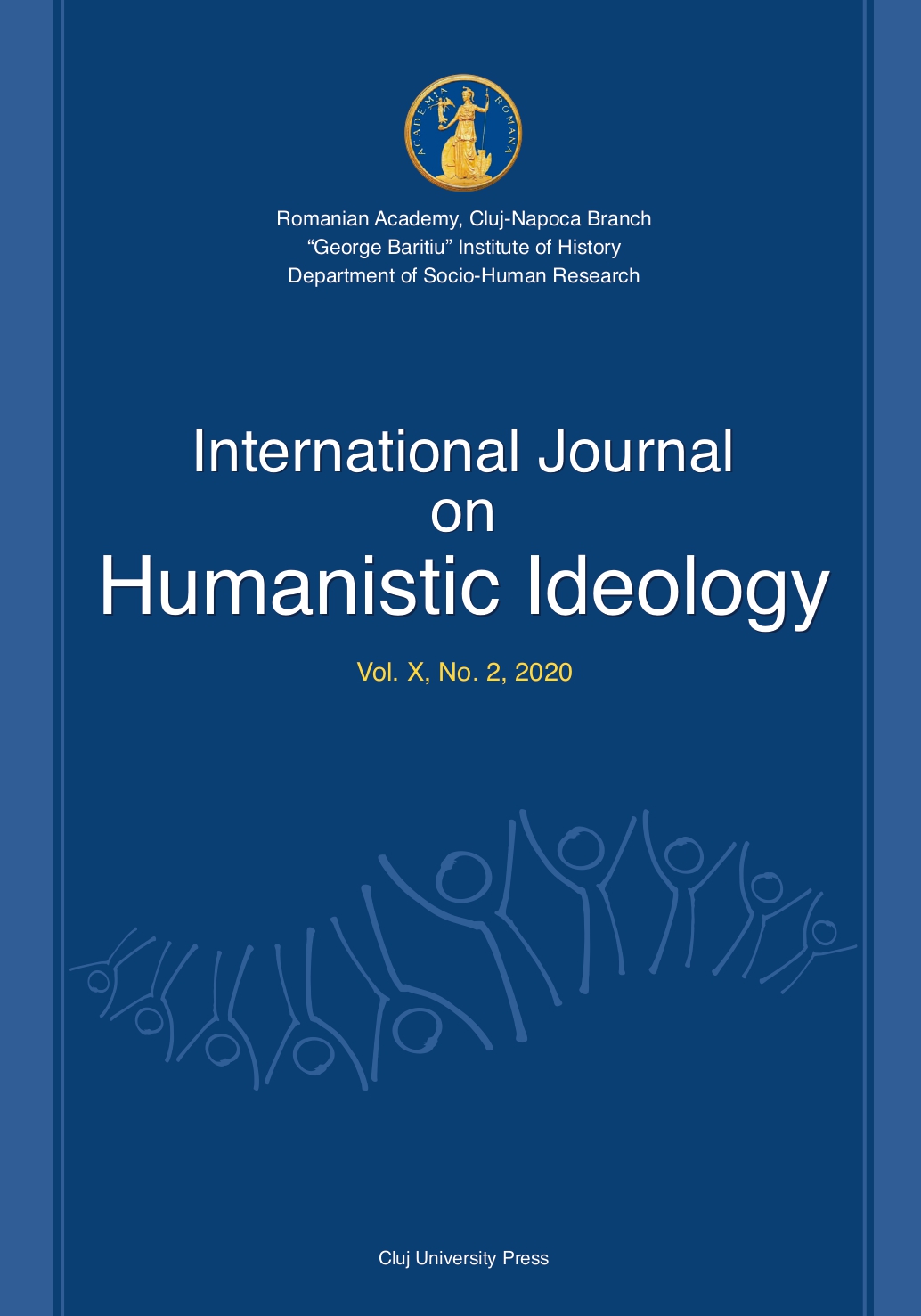Der Genuss und seine Mehrdeutigkeit
Pleasure and its Ambiguity
Author(s): Virgil CiomoşSubject(s): Philosophy, Psychology, Psychoanalysis, Phenomenology
Published by: Presa Universitara Clujeana
Keywords: authenticity; symptom; pain; lust; transcendental; pleasure; sublimation; Freud; Lacan;
Summary/Abstract: An original authenticity of the human being is to be found even in the inauthenticity of everyday life. Freud was the first to determine the purely pleasurable essence of every symptom, including the psychotic one. This fact represents a real challenge for the analytical clinic, since it is often the case for the subjects to even love their symptom more than themselves. Consequently, it is not the pleasure representing the place of the subject’s own inscription, but its complementary symptom. From this point of view, there can be no real desire without a painful symptom. “Pain-lust” (Schmerzlust) is the expression we find appropriate for this proviso. For more clarity, it is important to emphasize: not pleasure in itself causes pain, but that what it is carried on its behalf, namely the symptom along with its peculiar pain. The conclusion drawn by Lacan from all these genuinely Freudian developments is one potentially “scandalous” for some Freudians: the symptom - be it a painful one - is the only place where some kind of “revelation” takes place. The symptom is nothing else than a form of “remnant radiation”, like in quantum mechanics. According to Freud, the whole idea of psychoanalysis is an attempt to prove that “the transcendental” (i.e. the primary psychic energy which is asexual and sublimated, as far as Freud understands it) cannot “show” itself under any form, not even as “failure” or symptom. This raises the important question with regard to the possibility of finding the original enjoyment (jouissance) as a self-chosen and adopted experience of astonishment not only as a necessary transition caused by the “fall” in the native language. Our answer to such question is affirmative, provided that both phenomenology and psychoanalysis insist on the fact that the subject is guided by sublimation towards the experience of the sublime itself. This means also the restoration of one’s own unique Self. From a psychoanalytic (Lacanian) perspective, such implication is linked to the therapeutic function of art.
Journal: International Journal on Humanistic Ideology
- Issue Year: X/2020
- Issue No: 2
- Page Range: 9-26
- Page Count: 18
- Language: German

